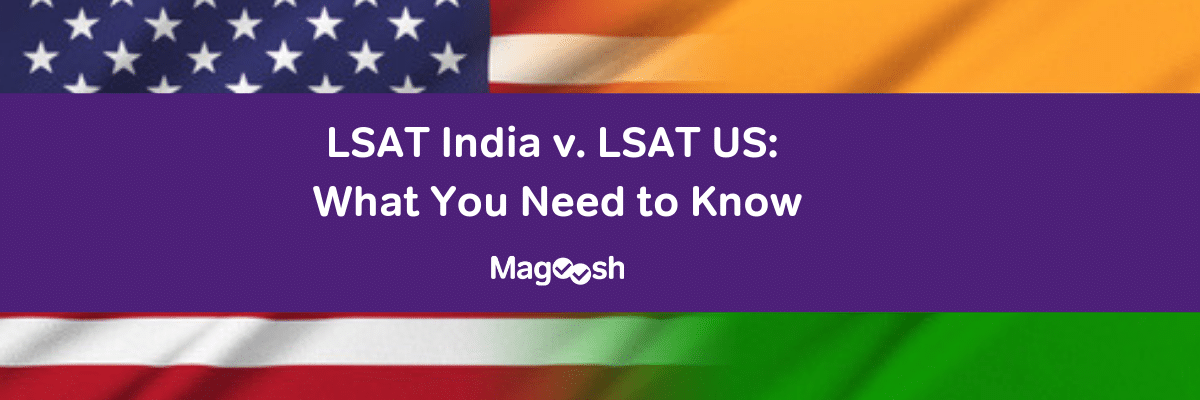When you open up your practice exam and see that you have a reading comprehension section in front of you, I’m going to guess that some of you feel like a deflated balloon. I have fairly good authority on this since that’s exactly how I felt every time I had to do the LSAT reading comprehension.
I didn’t feel deflated because they were hard. I felt deflated because I was forced to endure the dense fogginess of yet another boring subject that I’d never had the desire to read about in the first place. It was a horrible feeling, knowing I was just about to get drug through the mud yet again.

So, when I say I know how you feel, please believe me.
But you need to get over it quickly! Then, do at least one of the things I recommend below, and the reading comprehension section will not chew you up and spit you out.
Should You Even Take LSAT Reading Comprehension Notes?
There has been some debate on this subject. One side argues that more notes is better, and the other side insists that less is more. Both arguments have some merit. But I believe that you should try and take efficient notes.
The reason you take LSAT reading comprehension notes is to limit the number of times you need to re-read a particular portion of the passage. As I’ve said, the passage is typically boring and cumbersome. And going through it multiple times trying to find what you’re looking for can eat up precious time.
On the other hand, taking too many notes will have the exact same time-consuming effect.
In other words, there is a smart way to take notes. The idea is to take as few notes as possible while limiting the number of times you need to re-read the passage. So, without further adieu, on to the tips.
Tip #1 — Read the Questions First
I know what you’re thinking. This tip has nothing to do with note taking. Well, in a round-a-bout way — it does. The best way to limit the number of times you need to re-read the passage is to know what you’re looking for the first time around.
Now, if you know what the questions are asking you can scan the passage and mark up sections that apply to each question. You can come up with a method that fits your style the best. I would recommend just placing the question number in the margin next to the applicable section.
Tip #2 — Circle Key Words and Note Them in the Margin
When you go through the passage your eyes are probably going to begin glossing over right near the beginning. You need to fight that urge!
Yes, there will probably be a bunch a big words that you’ve never seen outside of a science textbook! But there will also be key words that will tell you that you’re reading an important part of the passage.
For example, if you see the word “contrary,” there’s a good chance you’ll want to circle it. This is usually pointing to something important. It could just be a supporting portion, or it could be the main point. Regardless, you’ll want to have these words circled and noted so you can come back to them if you need to.
Tip#3 — Note What Kind of Information an Important Section Contains
Once you can locate key words you’re well on your way to getting a solid score. However, you’re also going to want to mark up your reading passage with little flags to catch your eye. Since you already know what you’re supposed to be looking for before you start reading, this part will be much easier.

The easiest way to flag an important section is just to put a key word next to it. Things like “main” for main idea, or “support” for a supporting idea, or “con” for a contrary argument will all be helpful flags to include in the margins. Just make sure you remember what your key words mean.
Tip #4 – Don’t Get Crazy with Your Note-Taking
In case I wasn’t clear before (and I probably wasn’t) I’m on the less is more side of the debate on whether or not to take LSAT reading comprehension notes. While taking notes is a great way to remember key points of the passage, remember that you’re trying to get into law school. You don’t need to remember the text of these passages forever, just for about 8 minutes.
So what you need to do is focus on taking the kinds of notes that will maximize your ability to answer the questions correctly. That’s it! Then move on — and get enjoy law school!





